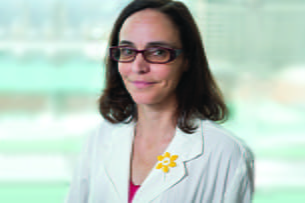Thanks to an innovative research study, there is new hope for babies with one of the most common types of brain tumour.
2 min. read

Help create a future without cancer
With support from readers like you, we can continue to make a meaningful impact for people affected by cancer.
We are determined to increase survival, stop cancer before it starts, and improve lives. But we can’t do it without you.
If everyone reading this gave just $5, we could achieve our goal this month to fund the most promising research, compassionate support and transformative advocacy. Please give today because every contribution counts. Thank you.
